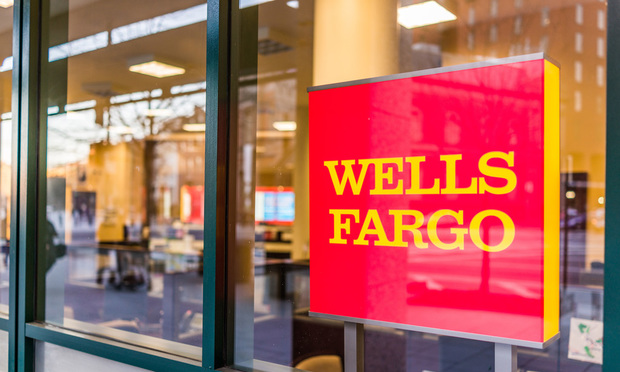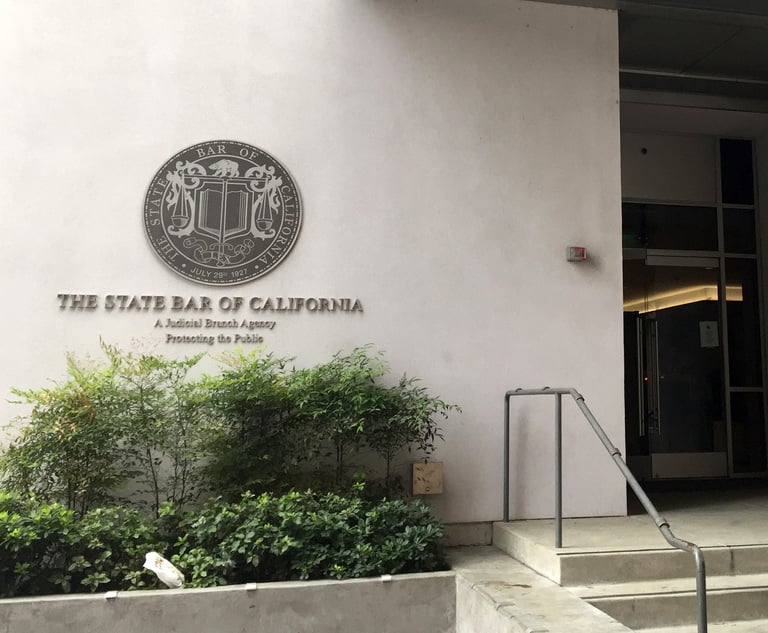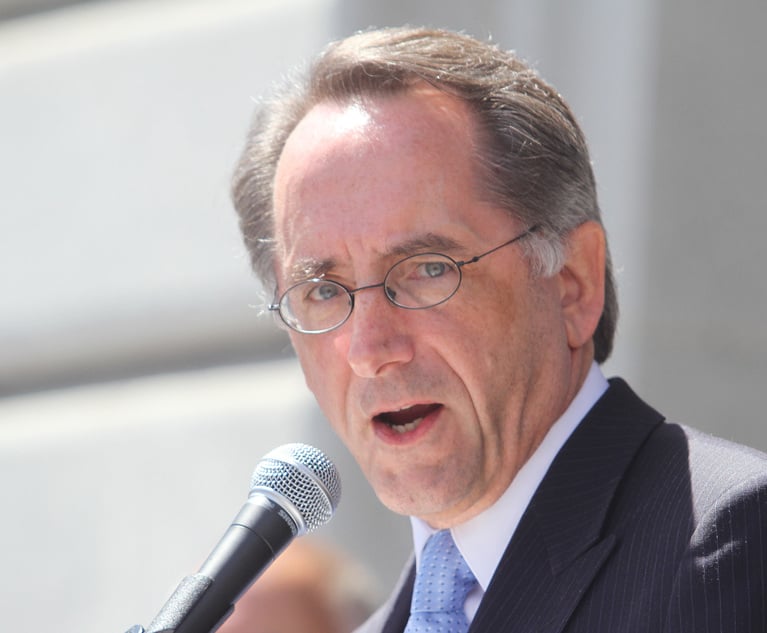At least eight objectors have appealed approval of the $142 million class action settlement over Wells Fargo’s “fake accounts” scandal, many alleging that plaintiffs lawyers were not entitled to $21.3 million in legal fees.
The objector appeals, filed on Nov. 5 in the U.S. Court of Appeals for the Ninth Circuit, are the latest challenge to the settlement, which has been hamstrung by increased costs of administering the funds. The objectors argued that class counsel at Seattle’s Keller Rohrback spent limited time litigating the case, which settled after several government investigations found that Wells Fargo and Co. had set up unauthorized bank accounts for 3.5 million of its customers.

 Wells Fargo bank.
Wells Fargo bank.








